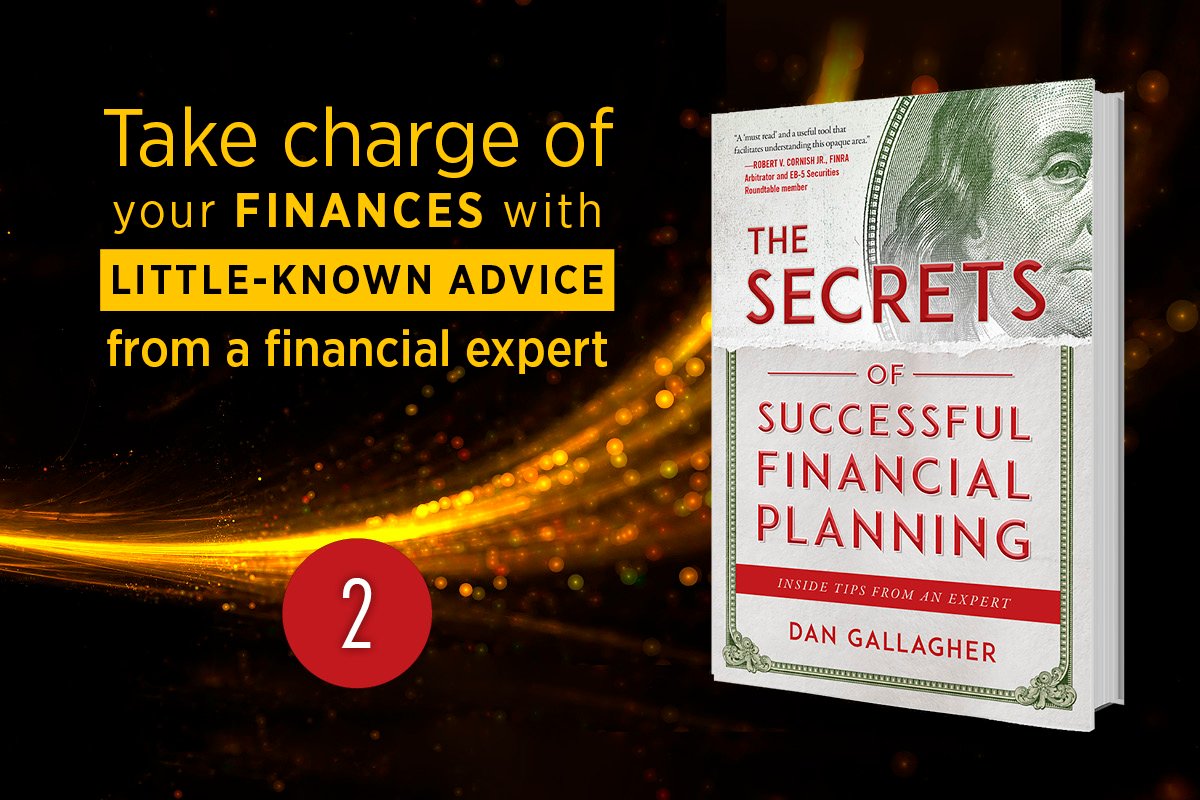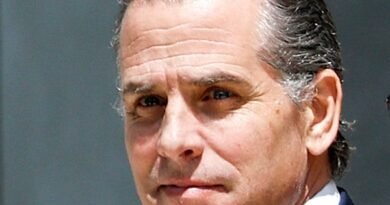Inside Tips From an Expert (Part 2)

“I did not. It’s auto-debit from checking and we had …” He watched a tear escape Lu’s eyes.
“Hon, the homeowner’s dues and the club and several other things come out first, and you wanted the vacation paid with cash, not on the credit cards, so—”
“Our credit is going to crash.”
“Didn’t Chester say you could take income right off the bat from this new IRA until he got you a new job?”
“Right, and there’s no surrender charge on that, but he said his fee for coaching and job consulting would be less if I paid in lump and … He’s got this thing all in a spreadsheet and he knows what he’s doing. He’s been a career and investment coach for over a decade. I hope he won’t see me as some lower-priority client now that the investment is half what we expected, but I can’t figure out how this—”
“Everything will be fine, hon. Call him Monday and get it all put into the pension annuity, just like he advised, and then it will be there if you don’t find the kind of job you want and you have to keep looking. At least we have the option to start the annuity early. It’s almost what we need for the mortgage and debt, anyway.”
“Yes. This letter is obviously some mistake. Chester will fix this, just like he found the best annuity by being different from all those shyster brokers he showed me articles on. Why anyone would use a broker, I cannot fathom. Those guys don’t care about your career or income or retirement like Chester and people at a professional career-focused shop like his. Watch, he’ll fix this Monday. Anyway, this can’t be real. Who ever heard of an investment company that wouldn’t take your money? This is America, isn’t it? I get to pick what I invest in, don’t I?”
Turns out, Chester had correctly calculated that the income from the rollover annuity would cover most expenses … if they waited a year to take income; no income without penalties prior. Frank and Lu had told Chester that they would put their vacation—a tax-deductible one due to Frank’s interview schedule and possibly starting a business consulting for his old employer and others—on credit and that Lu was about to start a job, but that fell through. So Chester had them roll the entire 401(k) into the annuity. Chester knew that because of the regulatory environment annuity carriers must deal with (more on this later), these carriers have become so intimidated by regulators and the legal environment that they are de facto forced by the government to deny people full investment choice. Carriers design their applications, and sometimes check financial sources, to enforce what is actually the government dictating to consumers that they cannot invest more than half of their investable funds in insurance products; roughly half must be in other forms of investment. Frank wanted all existing investable funds to be in an annuity that was his personally owned pension; he wanted all new savings from any new job’s income to go into at-risk mutual funds, but he wanted to protect the existing assets. To maximize the sale and to satisfy Frank’s desired strategy, Chester had lied on the application Frank had signed and hoped random examinations would not be made. For his part, Frank felt he could trust Chester, and it was Frank who had pushed for this two-phased strategy of diversification. Chester had also used his role as a career coach and job hunter for-fee to simplify things for Frank. Chester made the rollover decision appear as a no-brainer he could be most trusted to handle because “career coaches work for fee and only for the client and find investments that have minimal commission and maximum consumer value.”
Last I checked, Chester still had his insurance/annuity license. Frank still trusted him—or maybe felt his career was in Chester’s hands and he had better help Chester. Frank confided that he protected Chester by taking responsibility in writing for lying on the application. Nothing more came of the matter, except this: I showed Frank a far better annuity and showed him that Chester was appointed to sell for only two carriers, and that Chester’s commission was about the same as other agents’. Frank could not change annuities, having gone well beyond the thirty-day free-look period for switching back. Frank had the other half of his funds sent back to the old 401(k), and when the market corrected, he sold those funds and put it all into the money market account of the 401(k) … having sustained an 18% loss. That loss would not have occurred had this American citizen been allowed to invest as he chose. Three cheers for that career coach and for the regulatory environment? I think not.
This account leaves several questions unanswered. What are these licenses? Who is best to trust when investing? Might the current regulatory environment actually deprive Americans of their constitutional right to choice in investing—or might the “nanny state,” irritating or not, help more than it harms? How can all of this be navigated for optimal personal decision-making?
Let’s examine the types of professionals you may encounter and use: their function, their expertise, what conditions create trust, and who represents the best interests of whom. Since these professionals operate in a regulatory environment, let’s examine industry self-regulation, the legal or litigious environment, and direct governmental regulation. At the end of this section, you will be well equipped to make wise decisions about keeping or changing the professionals you use. But first, let’s look at the connection between media, regulation, and public perception of trustworthiness, and how individual consumer decisions can be hampered—to their financial disadvantage—by a growing trend of distrust.
It was 1995 when I sat in my Williamsburg, Virginia, office and opened my Newsweek magazine to the financial section. I grimaced at its cartoon, which depicted a stockbroker and a CPA picking a consumer’s pocket. The article itself proclaimed that its writer was saving the public from unscrupulous financial professionals who preyed upon the ignorant; that this behavior was rampant. What cynical sensationalism! I immediately thought of a CPA friend of mine from church, an honorable man named Starbuck. We both had young children and were family men, respected in the community.
This sort of thing will cost us business if it keeps up, I recall thinking, and make people shy away from needed advice toward less-than-optimal self-help. Worse, it could keep people from the help they need.
Since then, I have seen these sorts of depictions and generalizations increase, and noticed it getting harder to market or close a relationship that both the client and advisor need. Our businesses did grow, but it got progressively more expensive to draw people to attend seminars, respond to ads, and engage in a relationship. Sure, we all have read about consumers being done wrong. I personally have never had a consumer complaint. In my research for this book, I found zero studies that found any greater propensity for dishonest dealings among financial professionals than among any other category of professional consulting or sales.
Stories of dishonest and incompetent planners do exist; quite a few are in this book! The reason people may get the impression that financial professionals harm clients more frequently than other professionals is that there is so much at stake that it’s frequent news. The importance of financial decisions, especially ones dealing with the totality of one’s finances, is huge. Big rip-offs always make the news, and differing philosophies about earning commissions, et cetera, make for sensational media items that generate suspicion about motivations and honesty. This is all very high visibility.
Cerulli and Associates is the financial industry’s most respected marketing research company, and its various studies found that consumer propensity to respond to and to engage financial professionals is about one-third as likely as it was in 1987 when I entered the industry. What do you suppose has caused consumers to be so jaded toward this industry’s products and professionals over thirty years? I submit that consumers’ willingness to trust has been severely marred by media reports on three types of news: sensationally bad financial professionals (whether generalized or high-profile like Bernie Madoff), government “having to” add increasing regulations on product producers, and individual advisors/brokers. These three types of news items diminish public trust and esteem for the industry and the servants of consumers, and they cause consumers to fear to make decisions they need to make.
Did you know that in order to obtain Errors & Omissions (E&O) insurance—which is required to offer fee-advice or products to the public—an advisor or broker must agree to not defend him- or herself or publicize details of a consumer complaint that he or she contests? The E&O insurer, not the broker or advisor, decides whether the case will be settled. If the professional wants to prove innocence, he or she is not allowed to do so! The behind-the-scenes regulatory environment is causing financial professionals to retire early, reduce what they are licensed to offer, and to restrict whom they serve. This environment has even caused manufacturers of investments to put up red flags in their marketing materials, which scare off investors. It has caused manufacturers to place restrictions on what business they will accept, restricting the public’s buying and advisory choices and, in some cases, tempting manufacturers to lie on product applications.
This excerpt is taken from “The Secrets of Successful Financial Planning: Inside Tips From an Expert,” by Dan Gallagher.
To read all articles of this book, click here.
To buy this book, click here.
The Epoch Times Copyright © 2023 The views and opinions expressed are those of the authors. They are meant for general informational purposes only and should not be construed or interpreted as a recommendation or solicitation. The Epoch Times does not provide investment, tax, legal, financial planning, estate planning, or any other personal finance advice. The Epoch Times holds no liability for the accuracy or timeliness of the information provided.




